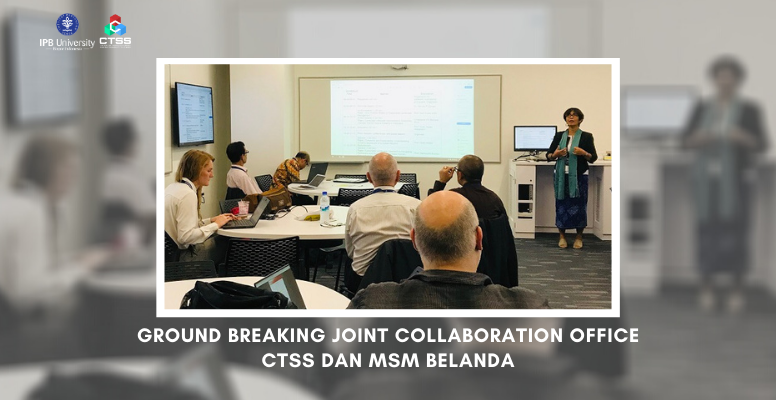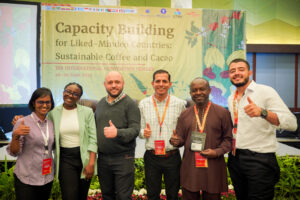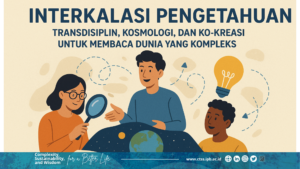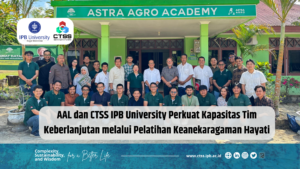Conference on Complex Systems (CCS) was held by NTU during October 1st until 3rd, 2019. CTSS IPB took part in CCS, moreover CTSS IPB was given one of Satelitte Program by NTU, which is a part of CCS event on October 2nd, 2019.
The purpose of this conference satellite is to provide a place for experts to give input, ideas, and sharing experience through dialogue. This dialogue is expected to produce basic concepts and approaches or methods in developing Coupled Human and Nature Systems.
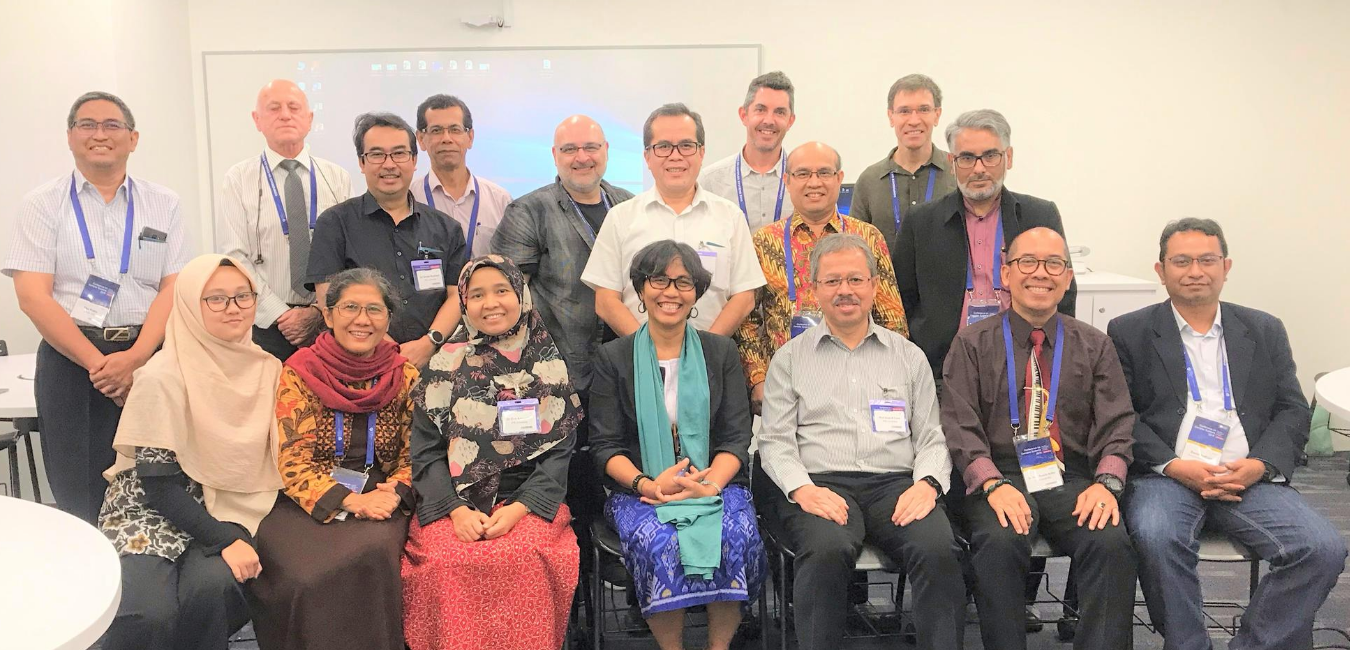
The conference was essentially part of the high level dialogue process to produce Strategic – TD knowledge product in the context of sustainable landscape. The scope of the satellite coupled human-nature system conference includes sustainability sciences, sustainable landscape, socio-ecological economic, bio-cultural diversity, biological and physical ecology, ethno-ecology, anthropology, and political ecology.
The purpose of the conference satellite was to provide a place for experts to exchange experiences, ideas, stimulating high level knowledge products through expert forum (Transdisciplinary Fellowship for Sustainable Landscape) and conveying strategic knowledge to high level knowledge of international stakeholders. In the subsequent process, this high level knowledge – which can be philosophical rather than operational – will be processed and transformed into more operational knowledge products such as sustainable landscape indicators, policy brief and policy paper.
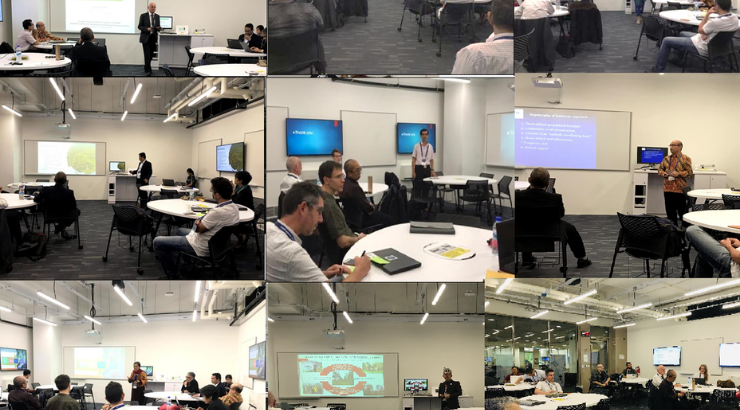
The activity of Coupled and Human Natural System (CHANS) satellite conference was held as a part of International Conference on Complex System (CCS) 2019, Complexity Institute – Nanyang Technological University, Singapore. The event was one day satellite conference with nine presenters. The conference divided in to two activities: 1. The concept and theory about sustainable landscape management (presented by Prof. Damayanti Buchori), Complexity & Sustainability: Understanding Dynamic Equilibrium of a System beyond Reductionism (presented by Prof. Husin Alatas), Indonesia local wisdom (presented by Prof. Dr. Ir. Hadi Susilo Arifin), landscape-lifescape approaches for human-nature systems in Indonesia (presented by Prof. Christopher BA Bannet); 2. Case Studies from Kelola Sendang Activities include chain explanation to web relation (presented by David Ardhian), water governance for sustainable peatland landscapes using ecosystem service and transdisciplinary approach (presented by Dr. Suria Tarigan), natural resource-based social conflict and its management in the kelola sendang project area (presented by Dr. Rilus A Kinseng), How Human and nature interaction in complex system? Case study human and wildlife in mangrove ecosystem Sembilang National Park, Indonesia (presented by Dr. Neviaty P Zamani MSc), Kelola Sendang Landscape Governance as SES (presented by Akbar A Digdo).
The participant were Prof. Dr. Iskandar Z Siregar, Dr. Ernan Rustiadi, Dr. Eva Aggraini, Prof. Dr. Anas Miftah Fauzi from IPB University, Dr. Azam Khan (Autodesk Research, Toronto Canada), Matias Rojas (Socialab Director del Centro de Innovacion de Un Techo para Chile), Shelley Stromdale (Manager of of the new Safer Complex Systems programme at the Royal Academy of Engineering), Guillaume Guimbretiere (CNRS- La Reuinion University France), William Burnside (Associate Editor of Nature Springer) and some college from Nanyang Technological University, Singapore.
Several approach that appear in the discussion in implementation of TD are first, model of CHANS, adaptive approach for model, matrix for evaluation model. Second, lack appreciation of local wisdom in building local sustainable knowledge development. Third, problem solving in the field (KS project) is always done based on the response of the problem and not through a preventive approach with holistic perspective. Fourth, there are six principles that must be applied in sustainable landscape approach based on transdisciplinary. These principles are clearly defined geographical boundary, collaboration of all relevant actors, Existence of an “umbrella coordinating body”, Mutual benefit and inclusiveness, complexity, and Political support. Fifth, the sustainable development approach through TD, must understand ecosystem services, have concerned and motivation and play an active role. Sixth, TD is a complex system analysis tools to identify emergent properties. The last, nature has ability to overcome complex changes through emergent properties so that new system emerges that can form harmony between human and nature.
In the end of discussion we conclude that if one species extinct, this will disrupt the ecosystem balance of complex system. However, the nature will reach new balance through adaptive process with new emergent properties in more complex system. The new complex system will put human and nature as one in holistic system. Therefore, TD is one of important tools for sustainable development approach.


